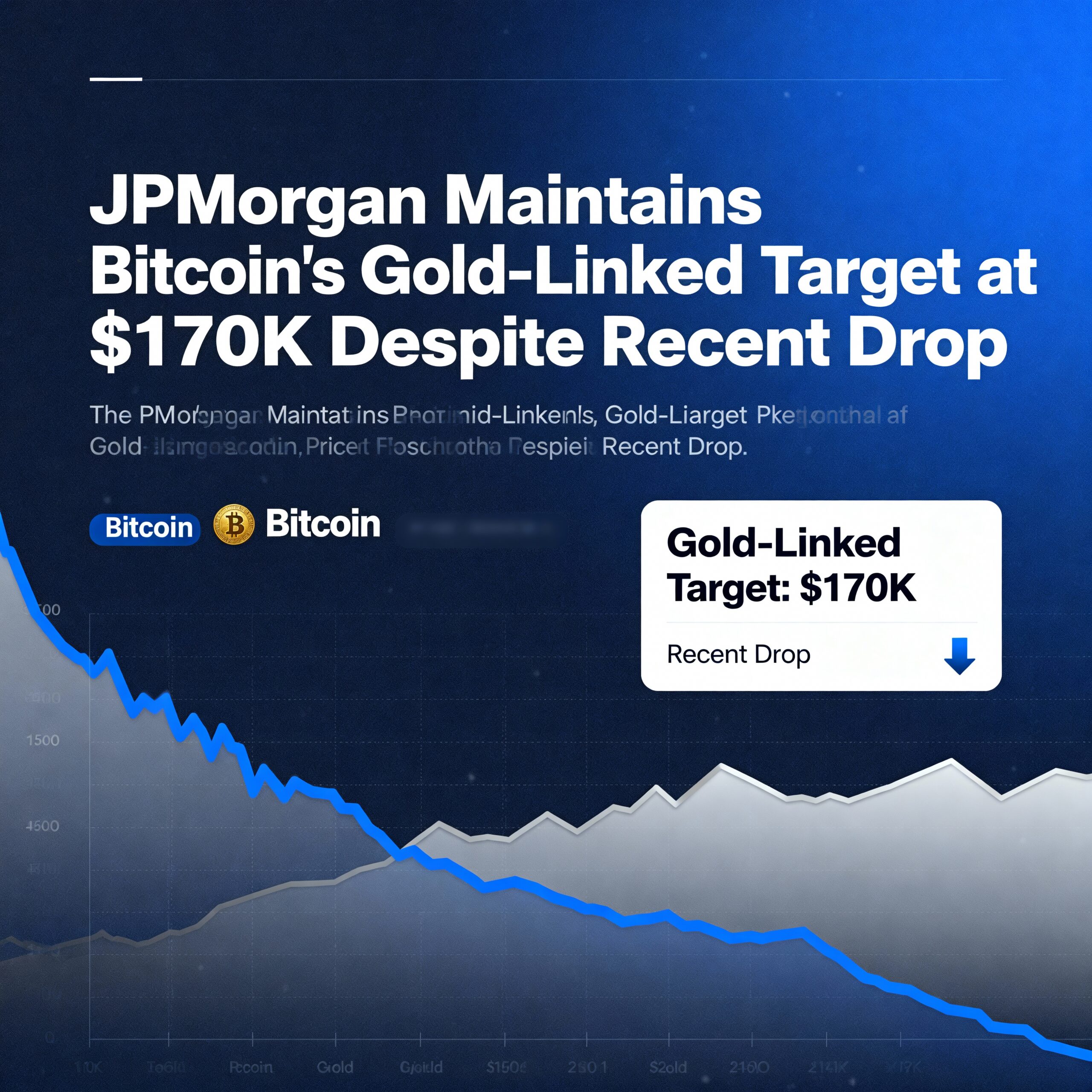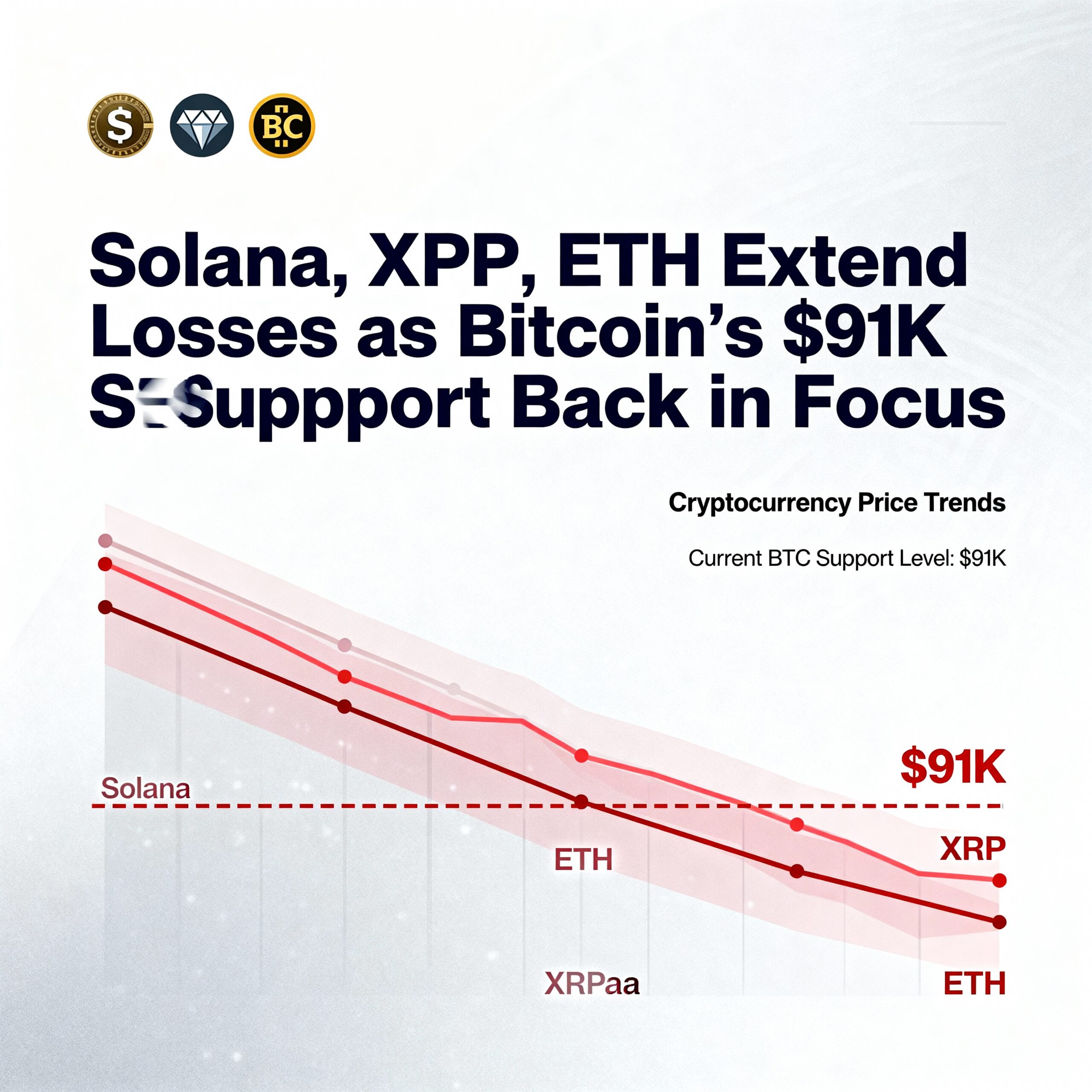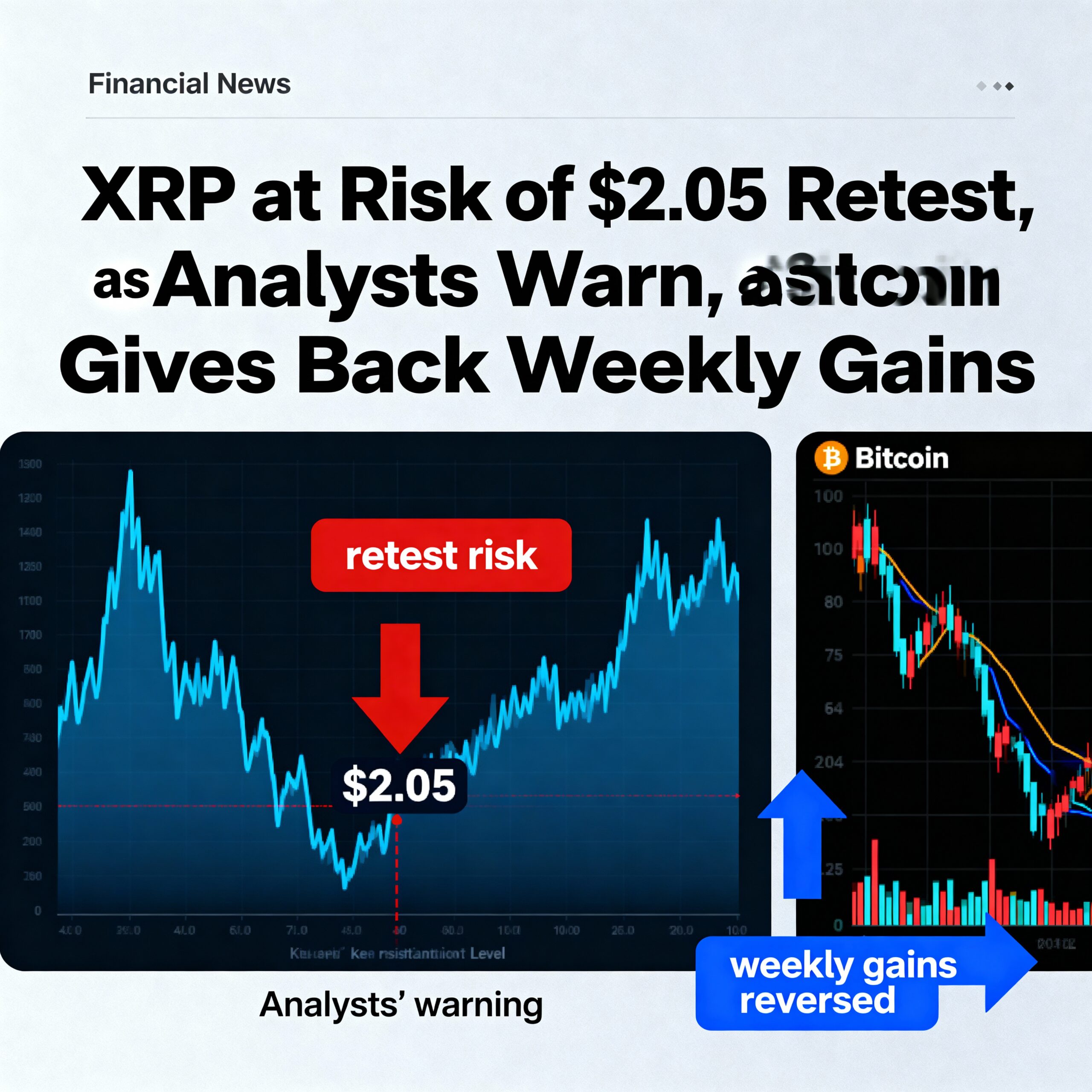
Tuttle Capital Management Proposes Groundbreaking 2x Leveraged ETFs Focused on Cryptocurrencies and Memecoins to SEC
Tuttle Capital Management is making waves in the crypto space with a bold proposal for ten new 2x leveraged exchange-traded funds (ETFs), filed with the U.S. Securities and Exchange Commission (SEC) on Monday. These ETFs aim to amplify returns on a mix of well-known cryptocurrencies and memecoins, including those linked to former President Donald Trump and his wife Melania.
The proposed ETFs will track daily performance for a variety of tokens, including Chainlink (LINK), Cardano (ADA), Polkadot (DOT), Melania (MELANIA), XRP (XRP), Bonk (BONK), Solana (SOL), Litecoin (LTC), and Trump (TRUMP). Through mechanisms like swaps, call options, and direct investments, these leveraged products aim to double the returns of the assets they track. However, the filings also come with a warning—investors could lose their entire investment if the underlying assets suffer significant price declines. The filing cautions that a 50% drop in value could cause total capital loss within just one trading day due to the leveraged nature of these funds.
While drastic drops of 50% are rare, the volatile nature of the altcoin market means smaller drops of 10% or more can occur during periods of market stress. Such a 10% drop could result in a 20% decline in the value of the ETFs, excluding fees.
Bloomberg Intelligence analyst James Seyffart believes the filings are testing the waters for what the SEC under the current administration might allow. “This is an opportunity for issuers to gauge the SEC’s stance on these products,” Seyffart said. He also predicted that the SEC’s crypto task force, headed by Hester Peirce, will be instrumental in determining what is permissible in the future.
Bloomberg’s Eric Balchunas pointed out the unusual aspect of these filings, noting that the 2x leveraged Melania ETF was filed before a 1x version, which is not typically seen. Balchunas also noted that, unless the SEC explicitly rejects the filings, these ETFs could launch as early as April, due to the “Act 40” filing process, which provides a streamlined approval path if there are no objections during the review period.






















